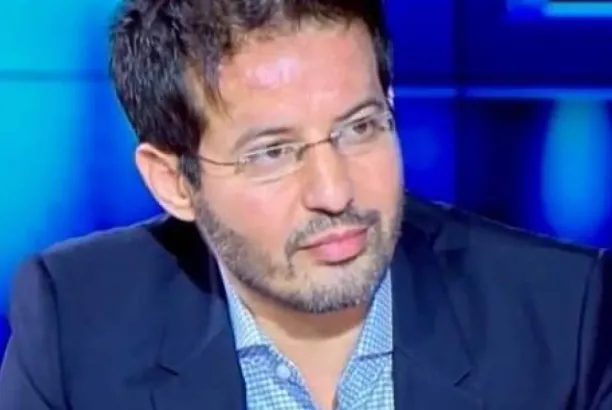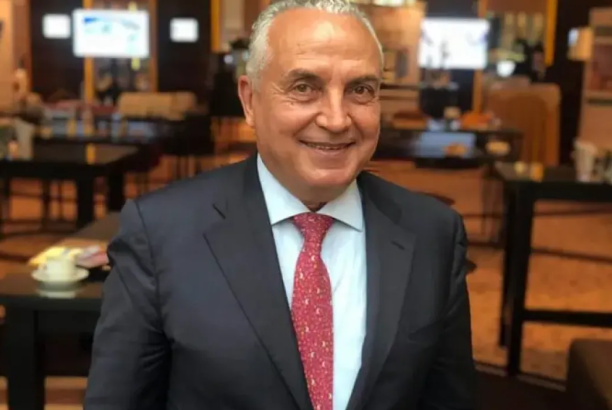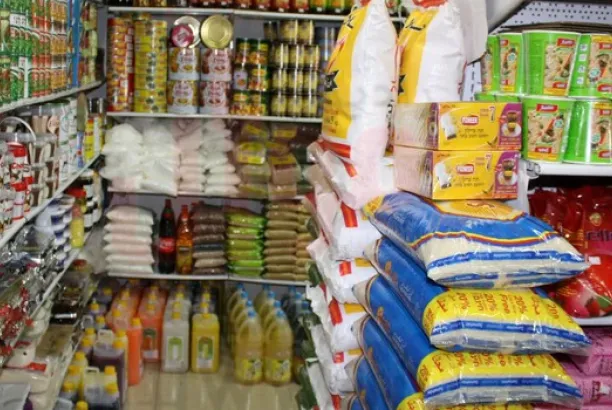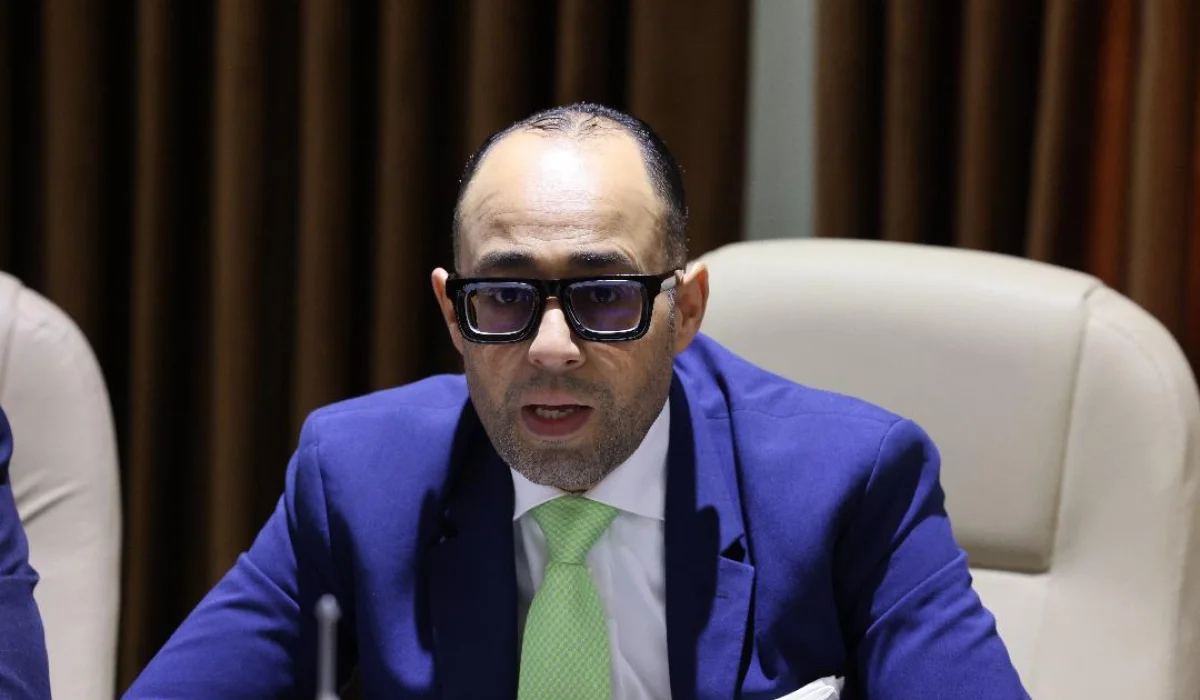
| Economic articles
Exclusive… Al-Manea to Sada: Libya and the World Bank “Consultative Cooperation, Not Borrowing”
Written exclusively for our source by advisor Mustafa Al-Manea: Libya and the World Bank “Consultative Cooperation, Not Borrowing.”
Libya’s relationship with the World Bank has witnessed significant development recently, based on technical partnership and knowledge exchange, with no relation to borrowing from the Bank. The World Bank’s role is not limited to lending; it also provides a wide range of advisory and analytical services that support member countries in institutional reforms, improving economic policy efficiency, and enhancing transparency in public financial management.
Libya joined the World Bank in the 1950s and has maintained active membership despite political and economic challenges. Today, there is an increasing need to benefit from the Bank’s expertise in restructuring national economic institutions and building a knowledge base to support public policy-making, especially as the Government of National Unity seeks to strengthen stability and advance development.
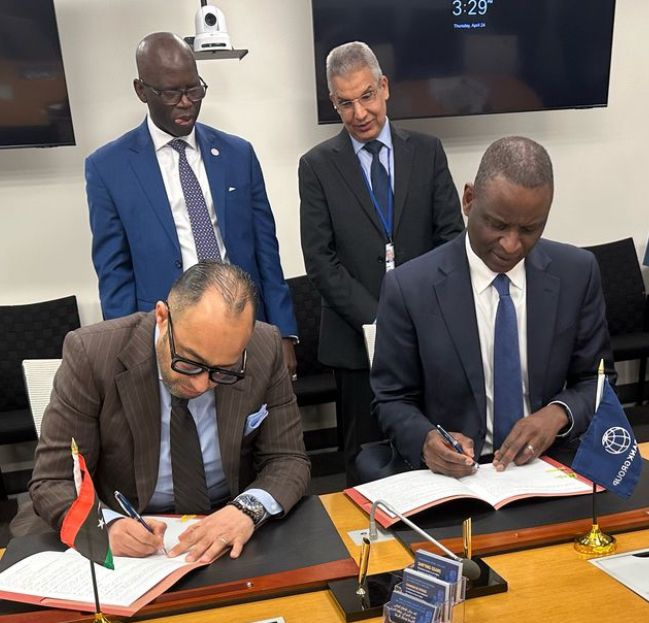
Last April, the Government of National Unity signed a memorandum of understanding with the World Bank in Washington.
It is important to note that cooperation with the World Bank in the Libyan context does not necessarily mean borrowing. Rather, it is based on consultative programs that include:
- Providing analytical studies and advisory opinions on macroeconomics and public finance management.
- Supporting institutional capacity building and enhancing governance systems.
- Developing the investment environment, facilitating partnerships with the private sector, and other support opportunities.
“Gulf Countries’ Experiences with the World Bank”
This model of cooperation is not exclusive to Libya; financially capable countries like the Gulf states also adopt it. They turn to the World Bank for technical advice and program management despite possessing substantial financial resources. Some notable examples include:
- Saudi Arabia: Relies on the Reimbursable Advisory Services (RAS) program in areas such as tax system reform (VAT) and supporting Vision 2030 targets.
- United Arab Emirates: Cooperated with the Bank to develop environmental policies, enhance clean energy strategies, and support certain education initiatives.
- Kuwait: Signed multiple reimbursable advisory service agreements to support financial sector reforms and improve the business environment.
- Qatar: Focused on education programs and skill development, and contributed to the International Development Association (IDA) aimed at low-income countries.
These examples reflect that engagement with the World Bank is not tied to a country’s financial capacity but rather to the need for global knowledge and institutional expertise.
“Government’s Commitment to Re-engage International Institutions and Foreign Companies”
In February, the World Bank Vice President for the Middle East and North Africa visited Tripoli, where he met with Prime Minister Abdul Hamid Dbeibeh and several officials. The meeting emphasized the importance of activating technical cooperation between the two parties.
In April 2025, a memorandum of understanding was signed between the Libyan government and the World Bank in Washington, aiming to frame areas of technical and advisory support and expand cooperation in macroeconomics, governance, and project management.
Other positive indicators include the imminent reopening of the World Bank office in Tripoli after years of closure, which will strengthen the Bank’s field presence, allow more effective implementation of technical support programs, and provide a direct communication channel between the Bank’s technical teams and Libyan institutions.
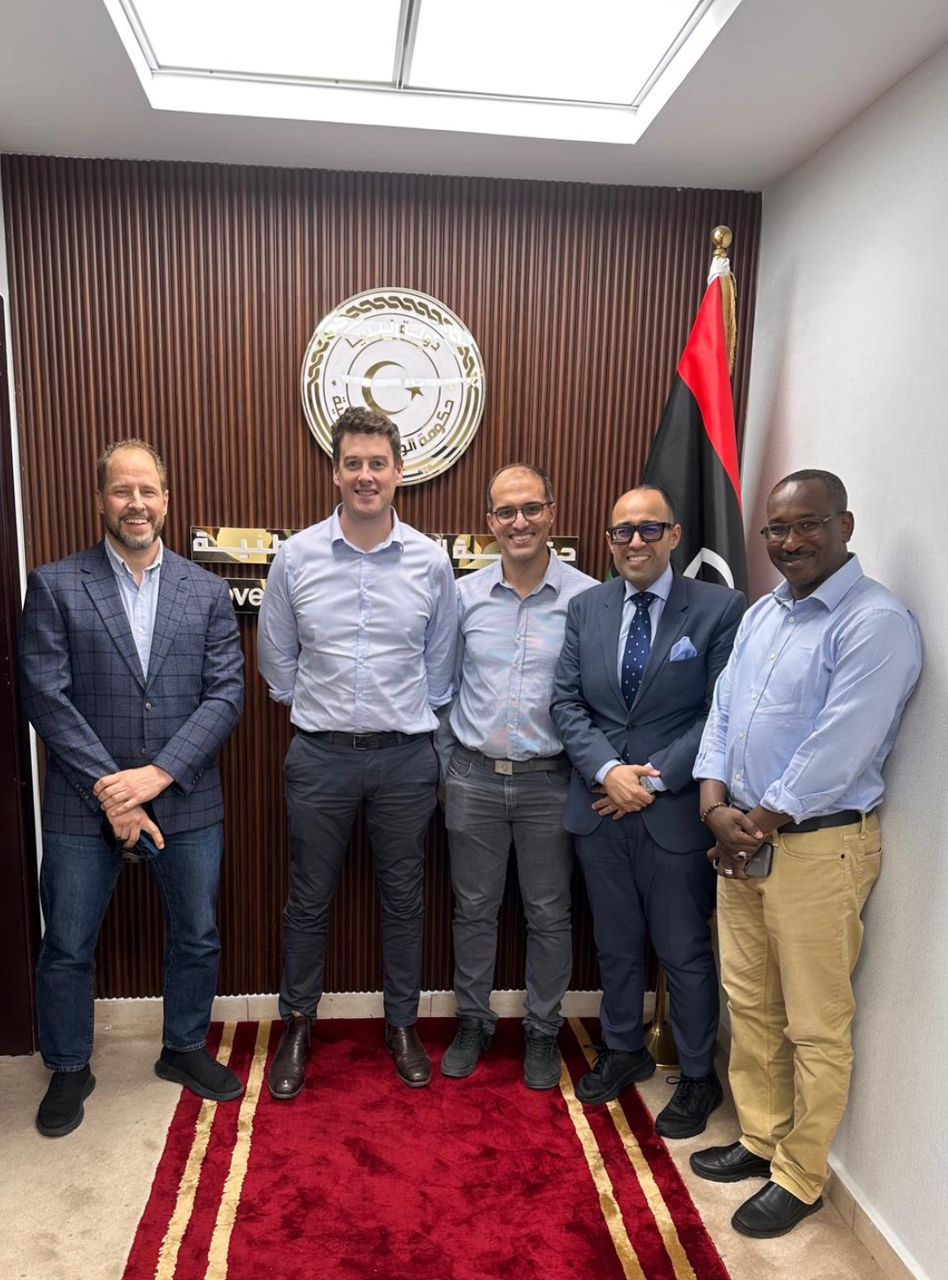
“In Conclusion”
Libya’s relationship with the World Bank is not about borrowing; it is an investment in knowledge and expertise. Through this cooperation, Libya seeks to build institutions capable of managing its resources efficiently and creating an attractive economic environment, in line with experiences of many capable countries that have found a strategic partner in the Bank for planning and development.
About the Author: Advisor Mustafa Al-Manea is a Libyan lawyer and legal and economic expert with over 23 years of experience. He has worked with several investment institutions, sovereign wealth funds, and banks in Libya and abroad. He serves as an expert for international research centers and has worked for years as an advisor to the Central Bank of Libya. He has been a board member of the Libyan Investment Authority and the Libyan Foreign Bank, and represented Libya in World Bank and IMF meetings. He also heads the executive team for the Prime Minister’s initiatives and strategic projects, is a member of the American-Libyan Council for Trade and Investment, and has numerous published research papers and articles in Arab, American, and European newspapers.


